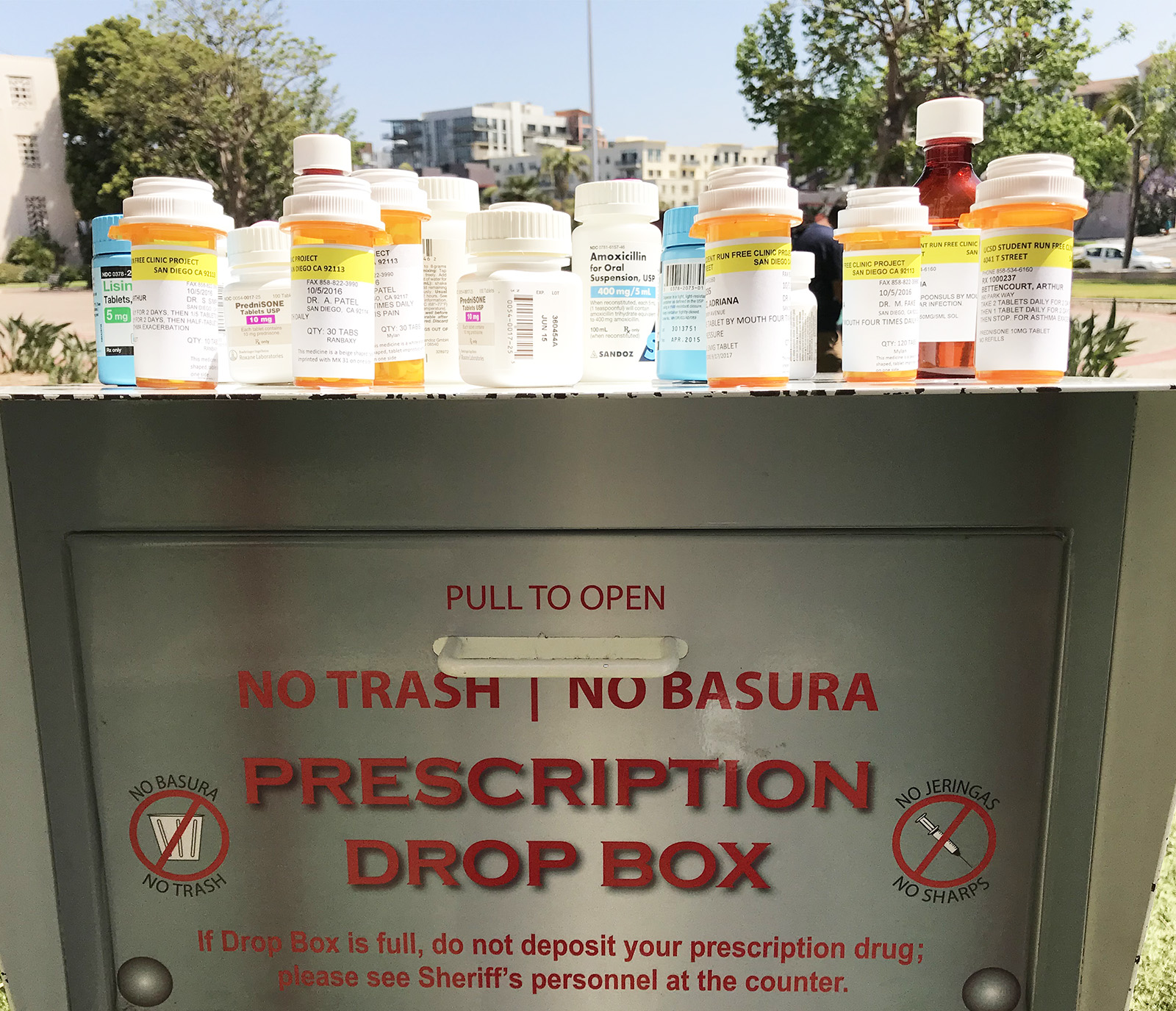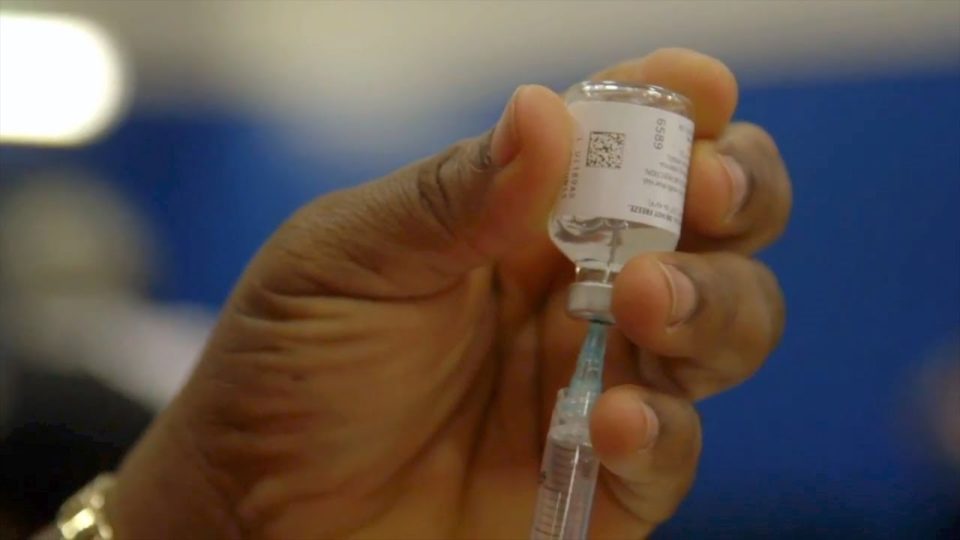Samples from suspect measles cases continue to arrive at the County Public Health Lab, but none have tested positive for the virus, the County Health and Human Services (HHSA) announced today.
Through May 7, 2019, the County had tested lab specimens in 35 suspect measles cases, and more are coming almost daily. HHSA has personnel on hand to take calls and referrals from doctors 24 hours a day, seven days a week.
County health officials say that is a good thing because the local medical community is aware to be on the lookout for the highly contagious virus and is reporting suspect cases as they should be.
“We’re confident that our local medical systems can detect a potential measles case,” said Wilma Wooten, M.D., M.P.H., County public health officer.
“Providers are reporting suspect cases and that’s good, because that means that doctors are looking,” Wooten said, adding that the HHSA epidemiology staff has also been consulting with the medical community to help them determine if a patient is experiencing measles symptoms.
Travelers should be vaccinated
A lot of media attention has been focused on the outbreak and cases being reported in Los Angeles and Orange Counties. But Eric McDonald, M.D., M.P.H., medical director of HHSA’s Epidemiology and Immunization Branch, says that locally there may be a higher risk of identifying a case in a traveler to a country with a measles outbreak and high number of cases. In San Diego County, there has not been a measles case since 2017, when two cases were reported.
“The majority of the cases that are being diagnosed are in undervaccinated people who were exposed to measles overseas, returned with the virus and then spread it to close contacts who are not immune,” McDonald said.
What should you do if you’ve travelled overseas and are now experiencing measles symptoms such as a high fever or a rash?
Call your doctor or medical provider before you show up to get medical attention.
“It’s important for people to call ahead so that their doctor can take precautions before you go there, so that other people are not exposed,” McDonald said.
“If you’re planning overseas travel, it’s important that you make sure you’re up-to-date with your immunizations,” McDonald said. “That includes two doses of the measles, mumps and rubeola vaccine.”
What is measles?
Measles is a highly contagious virus that can be found in the nose and throat mucus of an infected person.
It spreads through the air by coughing or sneezing. Measles virus can live for up to two hours in the airspace where the infected person coughed or sneezed.
If other people breathe the contaminated air or touch the infected surface, then touch their eyes, noses, or mouths, they can become infected.
How to prevent measles
Measles is so contagious that if one person has it, up to 90% of the people close to that person who are not immune will also become infected.
Symptoms of measles include:
- High Fever (over 101°F)
- Runny nose
- Red watery eyes
- Cough
- A rash that starts on the face and spreads to the rest of the body
The MMR vaccine is very safe and effective. Two doses of MMR vaccine are about 97% effective at preventing measles; one dose is about 93% effective.
The Centers for Disease Control and Prevention says that people born in the United States before 1957 are considered immune, since the disease was widespread and vaccines were unavailable during their youth. Those born between 1957 and 1963 may need to get a booster vaccine because an earlier version of the vaccine was not as effective, and people may have had only one vaccination.
Call your doctor to get a measles vaccine, which may be covered by your insurance. You may also be vaccinated at a pharmacy or at a clinic offering no or low-cost vaccinations. If you don’t have insurance, call 2-1-1 or visit www.sdiz.org to find a nearby clinic.
For more information on measles, visit the Health and Human Services Agency, the California Department of Public Health or the Centers for Disease Control and Prevention.






